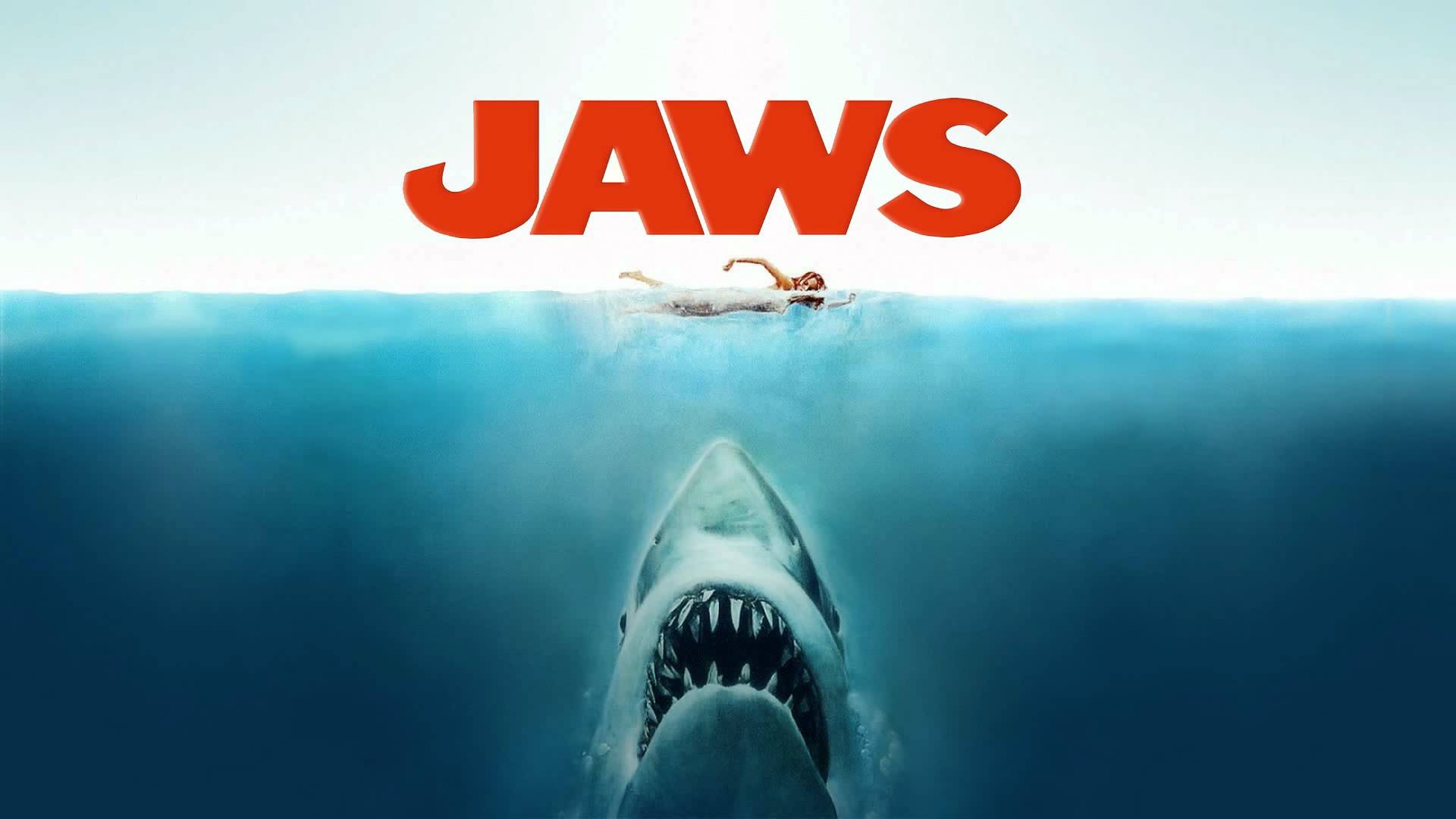Understanding "Jaws": The Iconic Thriller That Shaped Cinema
In the realm of cinematic masterpieces, "Jaws" stands as a monumental work that not only terrified audiences but also transformed the film industry forever. Released in 1975, this thriller directed by Steven Spielberg became a cultural phenomenon, setting the stage for the blockbuster era. The film's gripping storyline, combined with its innovative filmmaking techniques, made it a classic that continues to influence filmmakers today.
At its core, "Jaws" is a tale of fear, survival, and the primal instinct to conquer nature’s fiercest predators. The plot revolves around a great white shark that terrorizes a small island community, prompting a local police chief, a marine biologist, and a grizzled fisherman to hunt it down. This narrative not only captivates audiences with suspense but also explores themes of bravery, friendship, and the unpredictability of nature.
This article will delve deeply into the various aspects of "Jaws," including its production, impact on pop culture, and the legacy it leaves behind. By examining the film's elements through the lens of expertise, authority, and trustworthiness, we aim to provide a comprehensive understanding of why "Jaws" remains a pivotal piece of cinema history.
Table of Contents
- Biography of "Jaws"
- Production of "Jaws"
- Cultural Impact of "Jaws"
- Legacy of "Jaws"
- Key Characters in "Jaws"
- The Musical Score of "Jaws"
- Box Office Success
- Conclusion
Biography of "Jaws"
The film "Jaws," based on Peter Benchley's novel of the same name, was released in June 1975. It was directed by Steven Spielberg, who was only 27 years old at the time, marking his first major Hollywood success. The screenplay was co-written by Benchley and Carl Gottlieb. The film stars Roy Scheider, Robert Shaw, and Richard Dreyfuss, who deliver unforgettable performances that contribute to the film's enduring legacy.
| Title | Director | Release Date | Main Cast | Genre |
|---|---|---|---|---|
| Jaws | Steven Spielberg | June 20, 1975 | Roy Scheider, Robert Shaw, Richard Dreyfuss | Thriller, Horror |
Production of "Jaws"
The production of "Jaws" was fraught with challenges, from technical difficulties with the mechanical shark to delays caused by unpredictable weather. Spielberg, however, turned these obstacles into opportunities, using the shark's limited visibility to amplify the film's tension. This approach created a sense of suspense that kept audiences on the edge of their seats.
Filming Locations
"Jaws" was primarily filmed on location in Martha's Vineyard, Massachusetts. The choice of location contributed to the film's authenticity, providing a stunning backdrop for the shark attacks and enhancing the overall atmosphere of dread.
Innovative Techniques
- Use of suspenseful editing and camera angles
- Limited visibility of the shark to build tension
- Naturalistic performances from the cast
Cultural Impact of "Jaws"
The impact of "Jaws" on popular culture is immeasurable. It not only popularized the summer blockbuster but also instilled a deep-seated fear of sharks in the public consciousness. The film's tagline, "You'll never go in the water again," became a cultural reference point, illustrating how deeply it resonated with audiences.
Legacy of "Jaws"
"Jaws" has left an indelible mark on the film industry, inspiring countless imitators and parodies. Its influence extends beyond cinema, affecting beach tourism and shark conservation efforts. The film is often credited with initiating discussions about human interactions with nature and the need for environmental awareness.
Key Characters in "Jaws"
Understanding the characters in "Jaws" is crucial to grasping the film's emotional depth and thematic richness. The main characters include:
- Chief Martin Brody (Roy Scheider): The island's police chief, who must confront his fear of the ocean to protect his community.
- Quint (Robert Shaw): A seasoned shark hunter with a tragic past, embodying the film's themes of revenge and obsession.
- Matt Hooper (Richard Dreyfuss): A marine biologist who brings scientific knowledge to the hunt for the shark, representing logic and reason.
The Musical Score of "Jaws"
Perhaps one of the most iconic elements of "Jaws" is its musical score, composed by John Williams. The simple yet haunting two-note motif has become synonymous with the film and is instantly recognizable. Williams' score not only enhances the suspense but also evokes a range of emotions, making it a critical component of the film's success.
Box Office Success
"Jaws" was a monumental box office success, grossing over $470 million worldwide against a budget of approximately $9 million. It became the highest-grossing film of its time and paved the way for future blockbusters. Its commercial success demonstrated the potential for films to become cultural events, influencing Hollywood's approach to marketing and distribution.
Conclusion
In conclusion, "Jaws" is more than just a thriller; it is a landmark film that reshaped the cinematic landscape. Its innovative production, cultural significance, and lasting legacy continue to captivate audiences and influence filmmakers. As viewers, we are reminded of the delicate balance between humanity and nature, and the primal fears that lie within us.
We invite you to share your thoughts on "Jaws" in the comments section below. What impact did this film have on you? Don't forget to share this article with fellow film enthusiasts and explore more of our content on cinema history and analysis.
Thank you for reading, and we hope to see you again soon!
Understanding Beibart: A Comprehensive Guide To The Emerging Digital Platform
Ursula Corbero: The Rise Of A Spanish Star
Exploring Disney+ Options: A Comprehensive Guide


